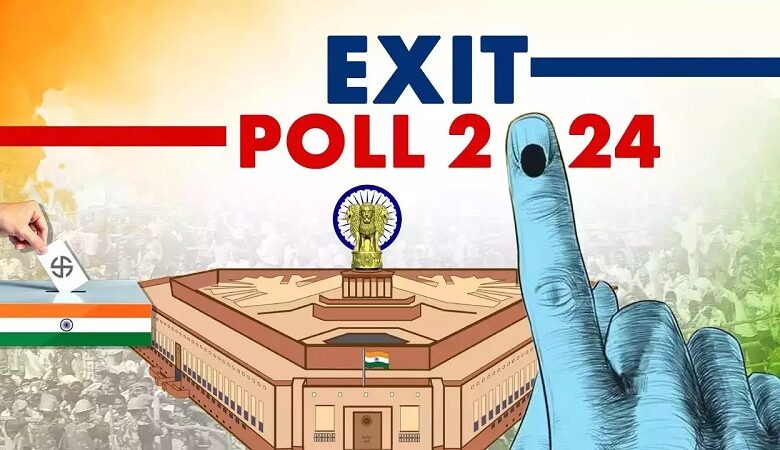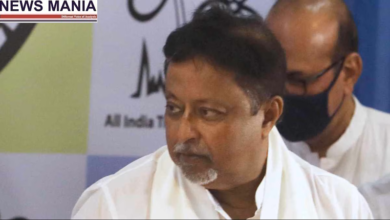Exit Poll Controversy in India’s 2024 Lok Sabha Elections

News Mania desk/Agnibeena Ghosh/7th June 2024
On June 4, numerous individuals took to social media platform X (formerly Twitter) to criticize the exit poll predictions following the start of vote counting for India’s 2024 Lok Sabha elections. Author and columnist Chetan Bhagat questioned the accuracy of the exit polls, suggesting either the polls or the respondents misrepresented the truth, or the methodologies used were flawed. Sports commentator Sumanth Raman argued that those responsible for conducting the exit polls should be held accountable, asserting that the genuine trends should not have been missed.
Several pollsters, including India Today-Axis My India, Chanakya, and ABP-CVoter, had predicted a sweeping victory for the National Democratic Alliance (NDA), estimating between 350 and 400 seats. However, on election day, the NDA secured only 293 seats, with the Bharatiya Janata Party (BJP) winning 240, as reported by the Indian Express. This significant discrepancy highlighted the exit polls’ gross overestimation of the NDA’s performance.
Historically, exit polls in India have often missed the mark. In 2014 and 2016, exit polls underestimated the NDA’s strength. In 2014, the NDA won 336 seats, while the United Progressive Alliance (UPA) led by the Indian National Congress secured just 59 seats, with 149 seats going to other parties. A 2021 preprint paper noted that most polls underestimated the NDA’s strength and overestimated the UPA’s, despite correctly predicting an NDA victory.
The 2019 elections saw a similar pattern, with only two pollsters, India Today-Axis My India and News 24-Today’s Chanakya, accurately predicting the results. The frequent inaccuracies of exit polls raise questions about their reliability. According to Down To Earth, exit polls are conducted immediately after voters leave polling stations, using probability and statistics to forecast results. However, these methods can be prone to errors, especially in a diverse and complex electoral landscape like India’s.
Polling agencies use large sample surveys and modeling to predict voter behavior, which must account for state-wise variations. Discrepancies can arise from limitations in sampling methodologies and potential biases in data collection and analysis. Pollsters may also incorporate expert opinions, which can skew results.
The overestimation of the BJP’s seats in states like Uttar Pradesh and Maharashtra, and the misjudgment of voter behavior in West Bengal, further illustrate these challenges. The 2024 elections revealed possible shifts in regional voting patterns, complicating the task of pollsters.
Exit polls, while offering insights into voter behavior, primarily serve public and media interests and have limited impact beyond that. Polling errors are not unique to India; similar issues have occurred in other countries, such as the United States and the United Kingdom.
In the U.S., notable failures in the 1948 and 2016 presidential elections were attributed to non-random sampling and high non-response rates, respectively. In the UK, polls incorrectly predicted the Brexit referendum outcome. Pollsters in India face additional challenges due to the country’s vast and diverse electorate.
Despite the criticisms, exit polls remain a staple of electoral analysis, providing a snapshot of voter sentiment. However, their limitations and potential inaccuracies highlight the need for cautious interpretation and ongoing refinement of polling methodologies.






